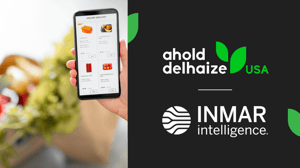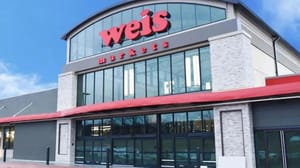Uber Puts a New Spin on Bike-Sharing Services
The Lempert Report: The acquisition of Jump could be used to enhance food delivery. The Lempert Report: The acquisition of Jump could be used to enhance food delivery.
July 5, 2018

Uber recently bought Jump Bikes, which reports suggest is an opportunity for Uber Eats.
The question is significant since Uber acquired Jump, which provides dockless, electric bike-sharing services. The Spoon reports that while much of the talk surrounding the deal has been about adding a new mode of transport for people trying to get around town, they see a different twist—a vertically integrated play for the company’s growing Uber Eats platform.
Food delivery has been wildly successful for Uber. Uber Eats was available in 200 cities around the world last year and was profitable in 45 of those markets and is expanding to another 100 cities around the world over the next year.
Adding Jump to the Eats arsenal would make sense in densely populated cities like San Francisco (where Jump already is) and New York, where traffic can slow car-driven deliveries down. Using an e-bike would allow Uber Eats drivers to bypass congestion for faster deliveries.
The Jump/Eats relationship also gives Uber more integration. Uber Eats already allows delivery drivers to use their own bicycles for delivery—this now gives them an option to use the Jump bike instead (if Uber is smart, offering them a discount) allowing drivers to make more deliveries in less time and hence make more money.
Clearly Uber wants to make its mark on food. They acquired Ando, David Chang’s virtual-delivery-only restaurant. The Spoon suggests that it’s not hard to imagine Uber pushing consumers to order from its own virtual restaurant and have that meal delivered on an Uber e-bike, which could be a game changer and put even more pressure on already struggling foodservice operations; especially those who might be relying on Uber Eats to make their deliveries. Begging the question just who owns the relationship with the customer—the restaurant or Uber?
About the Author
You May Also Like




